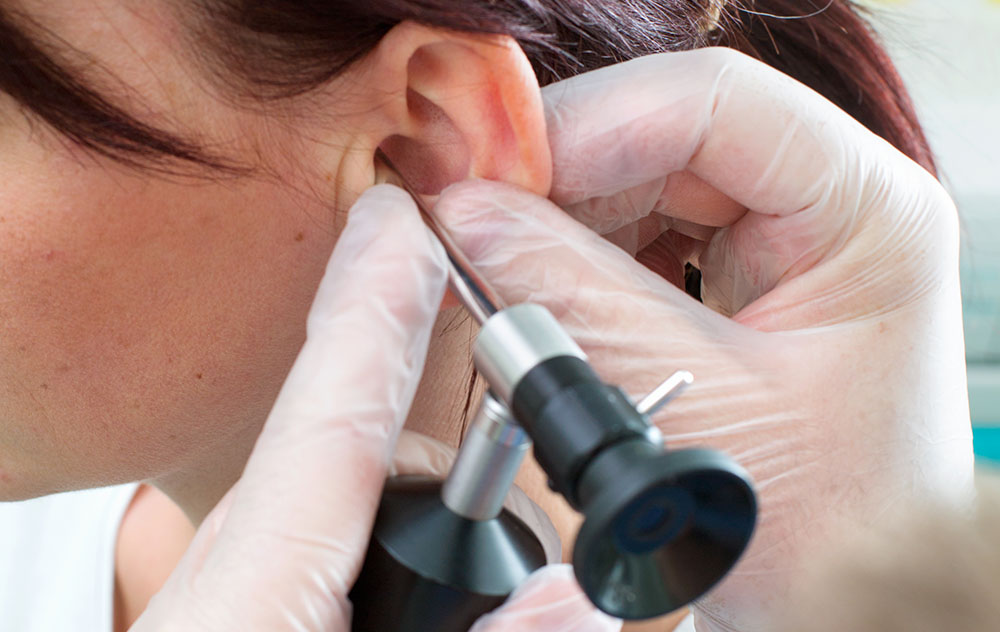Understanding Tinnitus Treatments
Tinnitus is a condition that many people in America suffer from.


Tinnitus is a condition that many people in America suffer from.

To choose the right hearing aids for your needs, you first need to

When was the last time you had your hearing tested? If you haven’t